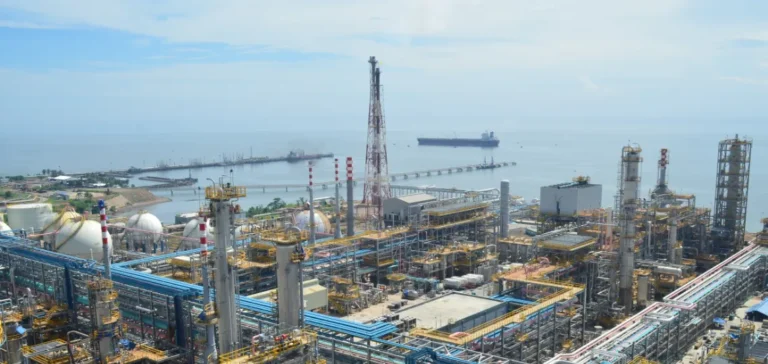Philippine authorities anticipate a 6.6% growth in national energy demand over the next two years and aim to respond by strengthening gas-fired and renewable generation capacity. Energy Secretary Sharon Garin stated that this strategy seeks to reduce the country’s ongoing dependence on coal while ensuring energy security.
According to Garin, investments will focus on expanding gas-fired power plants, but logistical challenges currently limit progress. She noted that the supply chain remains constrained, particularly due to a shortage of turbines. These technical limitations are slowing the pace of project deployment as pressure mounts on the national energy infrastructure.
Coal declines as gas output increases
The Philippine energy mix, historically dominated by coal, is expected to undergo its first significant shift in 17 years. The projected decline in coal-fired output will be offset by growth in gas and hydropower production, according to official forecasts. The government views this evolution as essential to stabilising the grid and reducing blackout risks.
Ongoing diversification also includes the integration of solar and offshore wind. According to Garin, offshore wind capacity could reach 1,500 megawatts if necessary port infrastructure is operational by 2027. This development remains contingent on logistics availability and private sector investment.
Tariff pressures and economic trade-offs
The costs of this transition pose economic challenges. With the second-highest electricity tariffs in Asia after Singapore, the Philippines must balance long-term investment with consumer impact. “Transition costs a lot. You have to make sacrifices on price if you want cleaner energy,” Garin said on the sidelines of the Association of Southeast Asian Nations (ASEAN) Energy Ministers’ Meeting.
While the government maintains its commitment to reduce coal dependency, it does not rule it out entirely. Garin affirmed that coal could serve as a last-resort energy source in case of supply disruptions. “The worst is having no electricity. We can’t afford that in our country,” she stated, stressing the priority of uninterrupted supply.






















